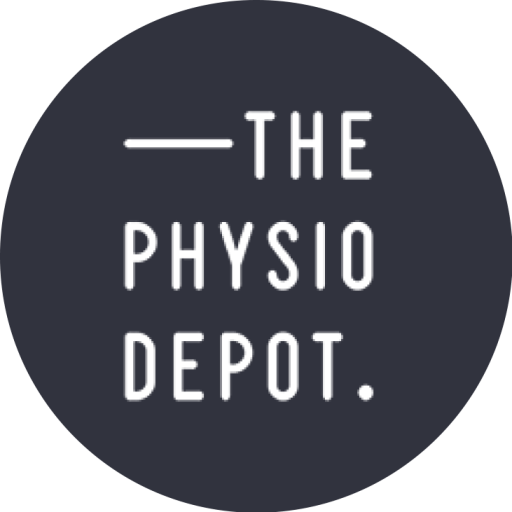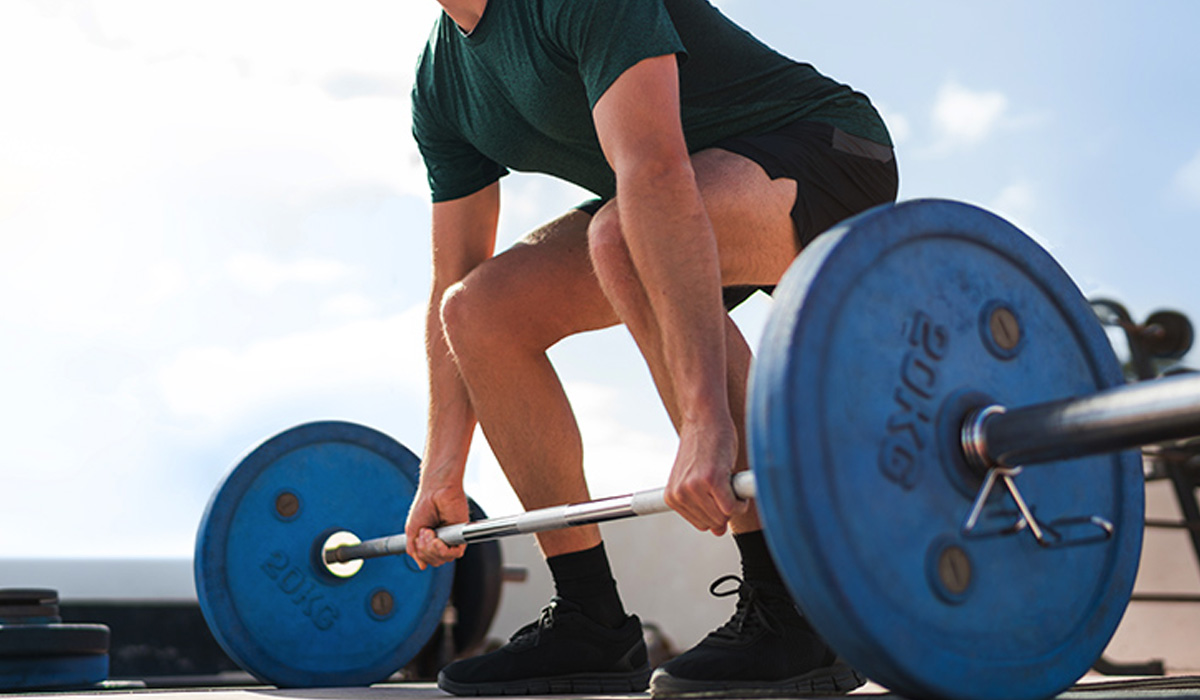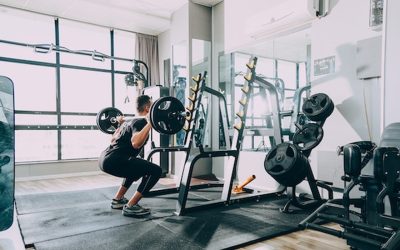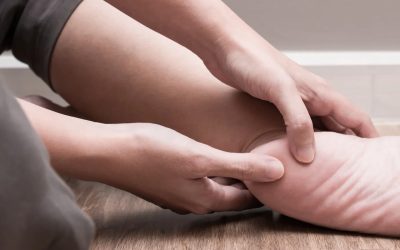To start, lets get the elephant out of the room – dead lifting is not bad for your back.
Deadlifting is making a serious come back within the exercise world due to the functional pattern movement and full body workouts. It is often seen as a ‘bad’ exercise for your back but if performed with good technique it can have a raft of benefits including:
- Eccentric hamstring strength
- Perfecting your hip hinge movement pattern
- Build a strong posterior chain
- Lengthen your hamstrings
- Creating strong stable core positions that integrate into life and movement
Technique is key to avoid injury.
Common errors completing the deadlift movement pattern:
- Pulling the weight off the ground with a rounded back.
- Get your feet in a good position prior to the lift – grip the floor with your feet, and lift your arches up.
- Trying to ‘squat’ your deadlift.
- Incorrect diaphragm breathing & bracing technique prior to lifting.
- Poor hip hinge and not utilising posterior chain muscles correctly.
- Lifting to much weight.
- Not gripping the bar to create tension in the system.
Quick Tips
- Practice your hip hinge using a band
- Get your glutes firing prior to lifting
- Lift the bar from an elevated height (Plates under the bar) to decrease movement capacity
Practice makes perfect. Get the basics right.
- Barbell over midfoot and weight centred over the bar.
- Screw feet into the ground and imagine ‘ripping the bar apart’.
- Hinge at the hips by dropping hips back and feeling hamstrings tighten.
- From here think DRIVE up from hips not PULL up.
- Once the bar crosses your knees squeeze glutes and finish the movement without swaying back.
- Repeat the hip hinge movement to return the bar down.




